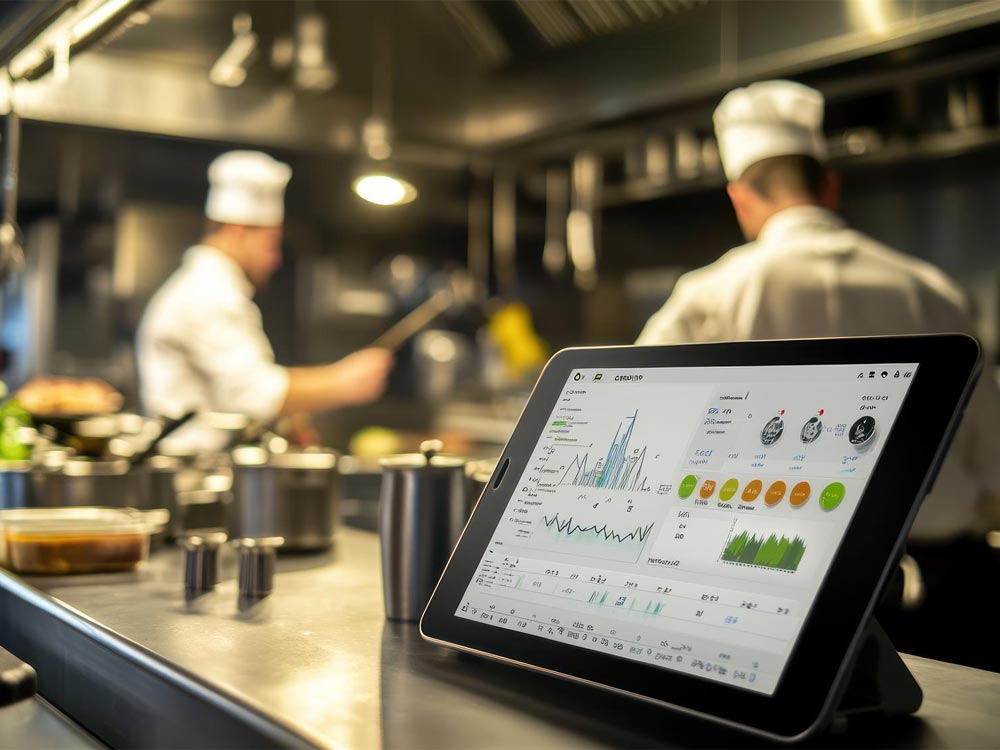In the fast-moving digital world of today, custom software is no longer exclusive to traditional industries. The non-traditional sectors such as agriculture, arts, and hospitality are increasingly embracing tailored technology for dealing with their respective challenges and opportunities. We at Onekode do this by providing custom solutions that specifically address these unconventional fields enabling them to use technology for increased productivity, innovation, and expansion.
Harnessing Technology in Agriculture
Agriculture is among the oldest industries in the world but it has become a leading sector in technological advancements. Farmers’ way of running their crop planting and animal rearing activities has changed courtesy of custom software solutions. With customized software programs fueling precision farming approaches, farmers can access real-time information about soil conditions, weather patterns, or even diseases affecting crops. These technologies help optimize resource allocation, improve harvest predictions, and facilitate better decision-making processes.
For instance, a customized farm management system can integrate satellite data, IoT sensors, and machine learning algorithms to provide farmers with actionable insights on planting, watering, and harvesting schedules. By automating routine tasks and offering predictive analytics, custom software helps farmers achieve higher productivity and sustainability, addressing the growing demand for efficient and eco-friendly agricultural practices.

Empowering the Arts with Digital Innovation
The arts industry, which includes visual art, performing art, and cultural organizations, is experiencing a renaissance through digital technology. Artists, museums, and theatres are using bespoke software to engage audiences in new and exciting ways. This has ranged from VR (Virtual Reality) presentations of museums as well as participating online during theatrical performances thereby expanding the creative boundaries and reach.
For example, customized VR applications can turn static art galleries into immersive experiences where people can see artworks from different angles or even interact with them virtually. Similarly, personalized theatre software enables dynamic ticketing systems for audience engagement tools such as blogs and virtual spaces for performance archives that enhance visitors’ experience of the latter while also increasing access to theater.
Similarly, Artists along with other cultural enterprises can use bespoke CRM systems (Customer Relationship Management) that help manage donor relations, monitor client preferences as well as analyze engagement metrics. These solutions offer insights on audience behavior hence allowing arts organizations to do effective targeting of their outreach programs and marketing campaigns.
Revolutionizing Hospitality and Tourism
To improve customer satisfaction and make operations more efficient, the hospitality and tourism industry has been turning increasingly to tailor-made software. Personalized guest services, effective property management, and dynamic pricing strategies are some of the unique problems that bespoke programs can address. Hotels and resorts can use personalized mobile applications and integrated booking systems to provide a customized experience for each guest. This may include anything from selecting a room to suggesting activities according to individual preferences.
For instance, an ongoing property management system developed specifically for a hotel will be able to blend seamlessly with its current infrastructure thus giving information on fluctuating room availability rates as well as enabling timely maintenance scheduling based on feedback from customers. It reduces operational inefficiencies while improving overall visitor contentment through quick service delivery that is tailored.
Additionally, bespoke software is crucial in achieving seamless travel experiences. Tourists are offered complete itineraries with local recommendations via integrated travel platforms while also getting real-time updates on transport services and accommodation facilities among others. By providing a unified user interface that is easy to comprehend, these solutions increase traveler convenience and happiness leading to increased client retention making sure they come back again later.

Education and Training Revolution
Nonetheless, non-conventional areas include specialized education and training. For instance, vocational training, corporate education, and other related fields may benefit from custom software solutions that entail learning management systems (LMS). Besides that, these platforms comprise such features as interactive modules, certification management, and progress tracking to meet diverse educational program needs.
On the other hand, there are some custom LMSs for a culinary school that have video tutorials, virtual kitchen simulations, and interactive recipes that give students the experience of real-life situations. Likewise, training programs in areas like aviation or maritime can be enhanced through e-learning solutions tailored to suit particular sectors such as simulations manufactured with industry-specific considerations or even compliance monitoring.
Moreover in addition to this continuous professional development is supported by customizable software through personalized learning paths online assessments and collaborative tools which enhance the experience of learning and adaptability of training programs towards industrial benchmarks keeping pace with changing skill demands.
Leveraging Data for Non-Traditional Retail:
Non-conventional retail divisions, like handmade crafts and boutique outlets, can also benefit from the unique software tools. Individual e-commerce platforms specifically made for small businesses and independent retailers are developed to streamline their businesses and expand their customer base. For example, custom features that encourage real-time inventory tracking, marketing personalization, and integrated payment gateways will enhance the overall retail experience.
Moreover, a handcrafted marketplace may use an individual e-commerce platform to display one-of-a-kind merchandise, manage its vendor relationships as well as provide personalized shopping experiences. Retailers will make informed decisions about what they should do with their business using these platforms by analyzing data about customers’ preferences, sales trends as well as stock levels in store.
Similarly, niche retailers can employ specialized software to foster brand loyalty through personified advertising tactics, consumer input channels, and reward systems. They make it possible for non-traditional retailers to create memorable experiences that are distinctively designed for their target audiences.

Conclusion:
In recent times, non-traditional sectors have started recognizing that custom-developed software solutions can be transformational. Custom technology is being used to drive innovation, effectiveness, and development in various fields like the arts, agriculture, hospitality services, education, and niche retailing. In Onekode we are focused on providing tailor-made solutions for different businesses; so they can discover new opportunities and accomplish their missions.
Reach out to us to find out how our custom-made software can revolutionize your company within non-typical industries.
.png)








